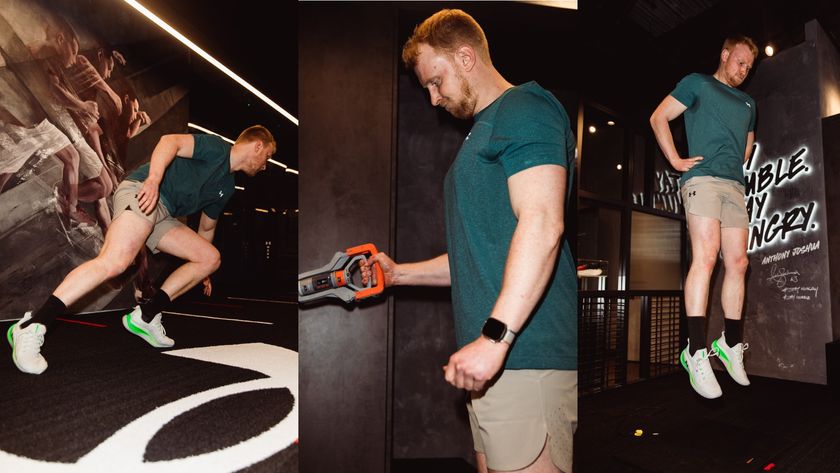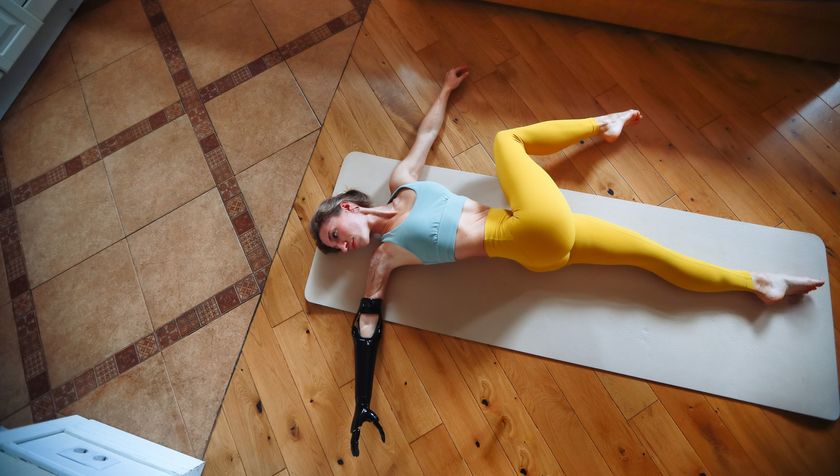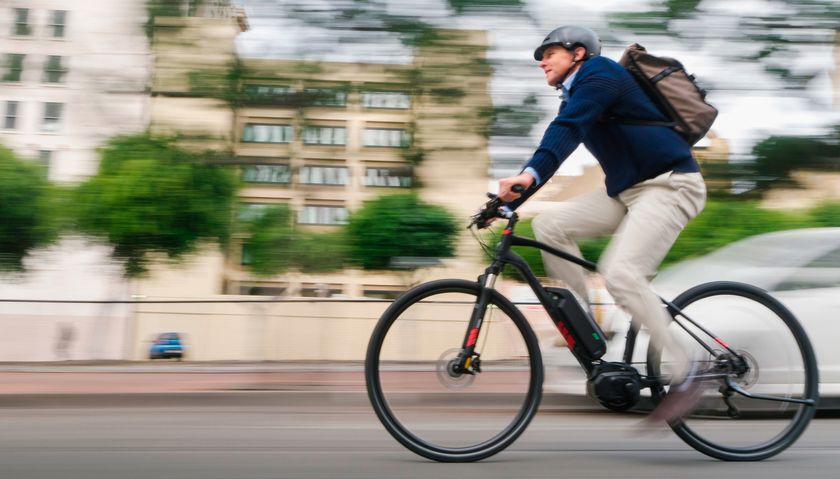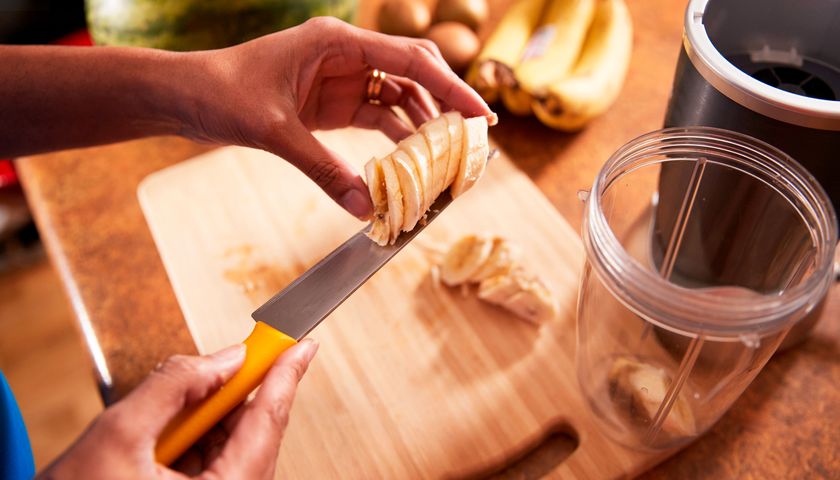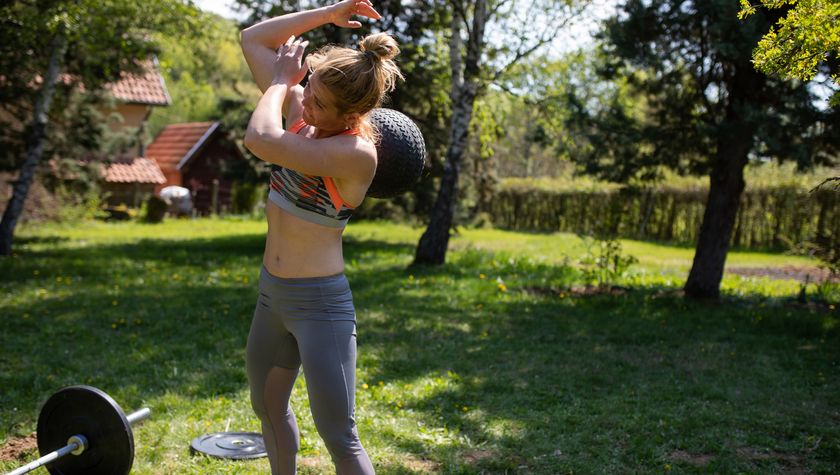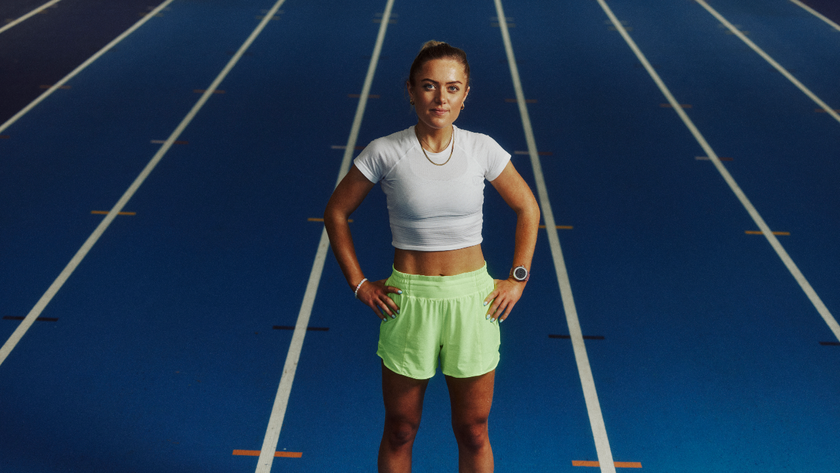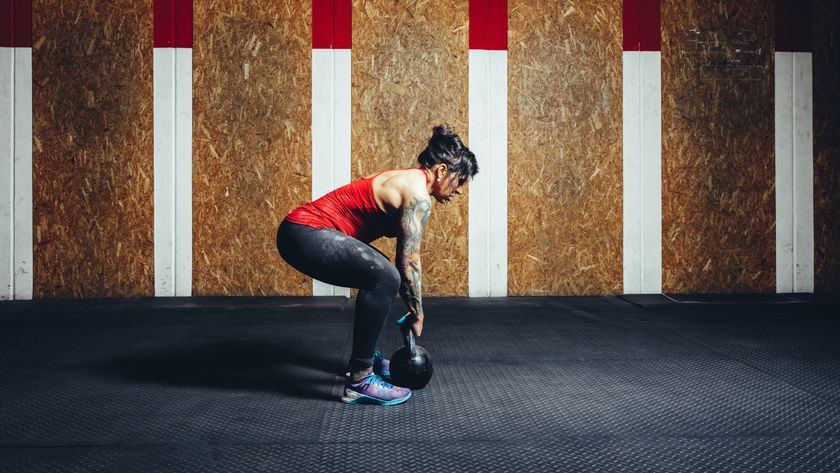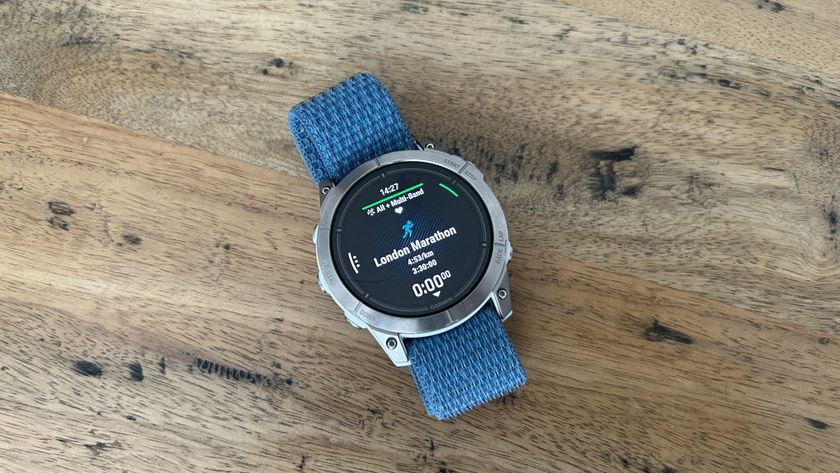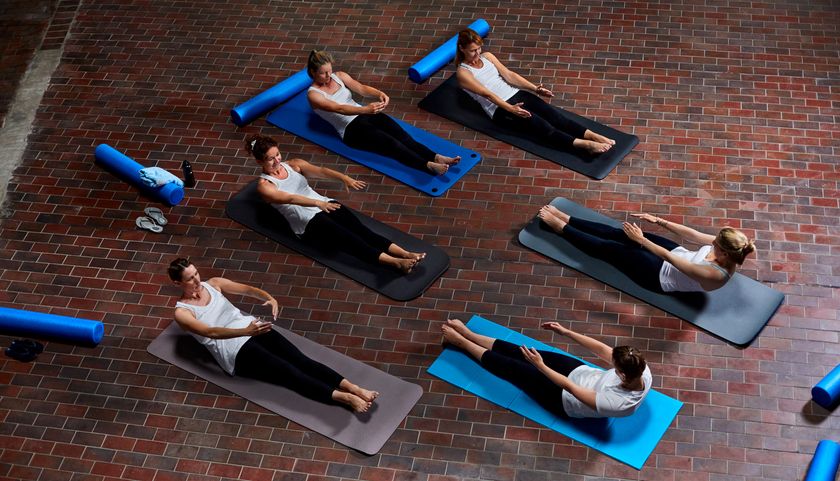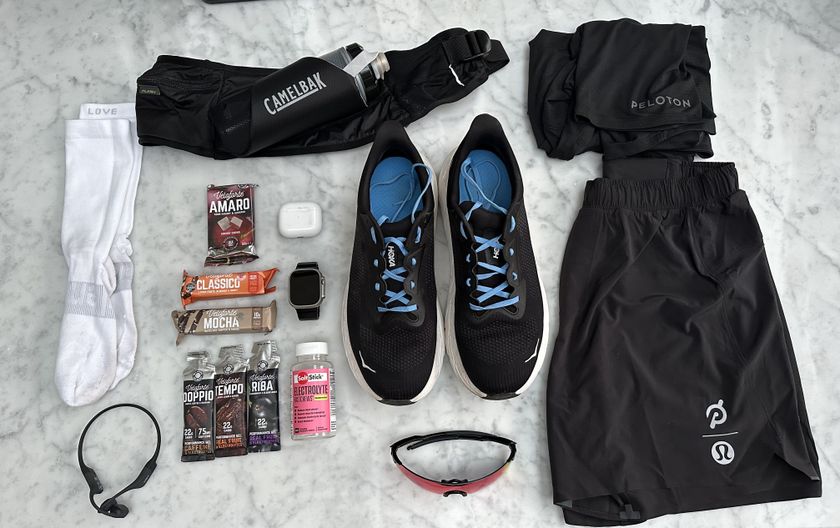Ask Coach Poliquin
If you've got a muscle-building question, Charles Poliquin almost certainly has the answer.
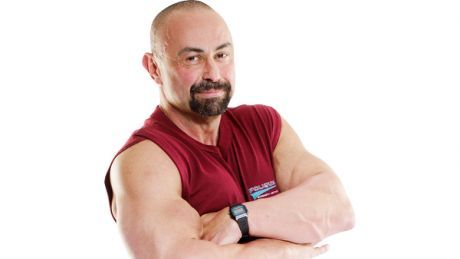
World-renowned muscle coach Charles Poliquin has been answering the public’s health and fitness questions for years. Here’s some of his exercise advice, taken from the new book Ask Coach Poliquin: The Best Q&A Columns From Over Two Decades.
I’ve heard that you believe aerobic training is overrated for many athletes. Is that true? And if so, why?
That’s correct. For example, the average VO2 max in the NBA is about 47, compared to about 42 for the average couch potato and about 80 for a world-class rower. If you look at the research, studies show that the higher your aerobic power, the lower your vertical jump. To make a basketball player – or, for that matter, any athlete who needs speed and power – perform a lot of aerobic work would be counterproductive. Now, you can do a small amount of aerobic training as a warm-up, but the best warm-up is to do the weight training exercises in your programme. Do about two sets of five, using increasingly heavy weight. If your first exercise is the deadlift and you expect to use 70kg for your primary training weight, you could start with 5x45kg, followed by 5x60kg.
What do you think about performing ultra-high reps for fat loss, such as sets of 25-50 reps?
Performing sets of 50 reps may get you huffing and puffing, but such training doesn’t work as well for fat loss as the standard hypertrophy bracket of eight to 12 reps. When concentrating on fat loss, you need to maximise muscle-mass retention to keep your metabolism at its maximum. To ensure this, keep your reps within the hypertrophy zone, which means keeping the total exercise time for your tempo prescription between 40 and 70 seconds. Also, make certain to use the ‘most bang for your buck’ exercises, ie compound exercises that work the largest muscle groups, such as squats and chin-ups. This will ensure maximal caloric output.
Could you give me some tips for recovering from heavy workouts so that I can train hard during the next workout?
Recovery is the forgotten element in most sports training. Paying attention to your recovery processes will maximise the training response by allowing you to train harder more frequently. Besides stretching, you should consider investing in regular massages. Especially effective is deep massage of the connective tissue – the kind of massage that goes by such names as Rolfing and neuromuscular massage. I have routinely seen strength gains of between two and ten per cent 24 hours after such treatments. You should also abstain from alcohol. Booze and bulging biceps don’t mix. Here are three reasons a bodybuilder should think twice about drinking alcohol:
• It decreases your ability to sustain high-intensity workouts by inhibiting enzymes involved in energy production.
• It disrupts your sleep patterns. The reduced quantity and quality of sleep will minimise your recovery for the following workout. In fact, a Friday evening of drinking will foul up your sleep pattern until the following Tuesday.
• It decreases your natural testosterone production, one of your main anabolic hormones. A study in Finland showed that an alcohol binge will decrease your natural testosterone production for up to three days.
For more on Charles Poliquin, check out his website.
Get the Coach Newsletter
Sign up for workout ideas, training advice, reviews of the latest gear and more.
Coach is a health and fitness title. This byline is used for posting sponsored content, book extracts and the like. It is also used as a placeholder for articles published a long time ago when the original author is unclear. You can find out more about this publication and find the contact details of the editorial team on the About Us page.

